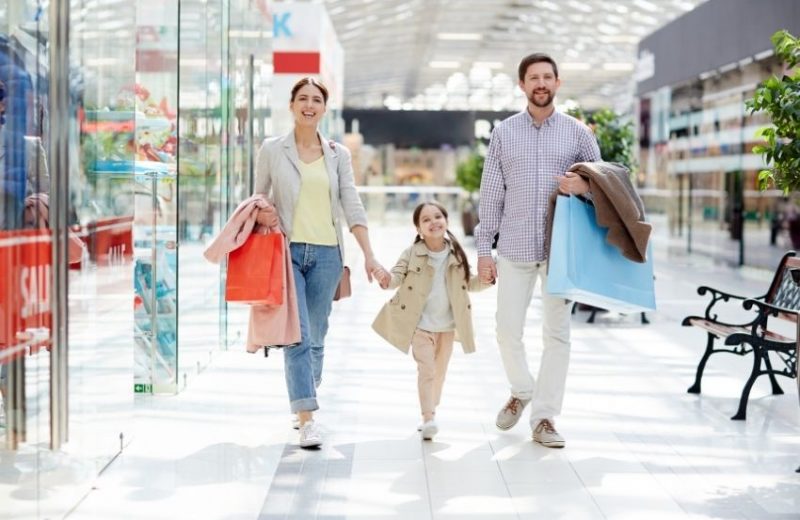Partner article
The online shopping world is going from strength to strength. No doubt with the upcoming Black Friday super bonanza the internet will be abuzz with activity.
However, with the growth in online platforms, many of the once hustling and bustling community retail hubs are in decline.
Yet, there is something that the online world cannot offer. That is the face-to-face, social and community aspects.
Going to a shopping centre, or a café in a department store, was one of my favourite times spent with my grandparents. They would go to meet their friends every Tuesday for lunch and to do their grocery shopping, pay their bills and wander window shopping.
Research in New Zealand published by the Impact Assessment and Project Appraisal Journal discussed how retail centres make a significant and positive contribution to social well-being and conditions in the urban environment.
Retail and city centres pull together residents near and far, particularly for communities in rural and disadvantaged areas by providing easy access to these services and facilities and a place to converge and connect. Hubs cluster public facilities and administrative services, such as banks, post offices, local grocers, supermarkets, medical centres; and all the while generating full and part-time employment for communities.
Seeing families and communities come together to spend time together is something that the online world, with all its benefits, puts in a state of uncertainty. Is the social amenity of retail space dead? Will it ever come back? I am not sure.
What I do know is that Covid-19 has put a lens on the value of social interaction like never before.
Inequalities in internet access and literacy varies within our communities, with online use lowest for older populations and peoples with a long-standing illness.
In a report by the World Health Organization titled Global Age-friendly Cities shows that older people participate in the social, civic and economic life of the retail and city centre is closely linked to their experience of inclusion. One participant in the report in Melbourne noted, “You walk down the street and people smile at you, you go into a shop and you’re served, the kids even say hello to you even if they don’t know you”.
With more and more retail spaces closing due to the shift to online platforms, communities lose a potential source of social contact and are required to shop or connect in the faceless world of online shopping. What the pandemic has shown us is the value of human interaction. We need it to function, to stay truly connected.
As we approach Black Friday, before you rush to jump online for your next purchase, take a moment to think of the social contact and support, and sense of community and inclusion that your local retail hub may bring.
Written by Salim Biskri, BDO Partner.


